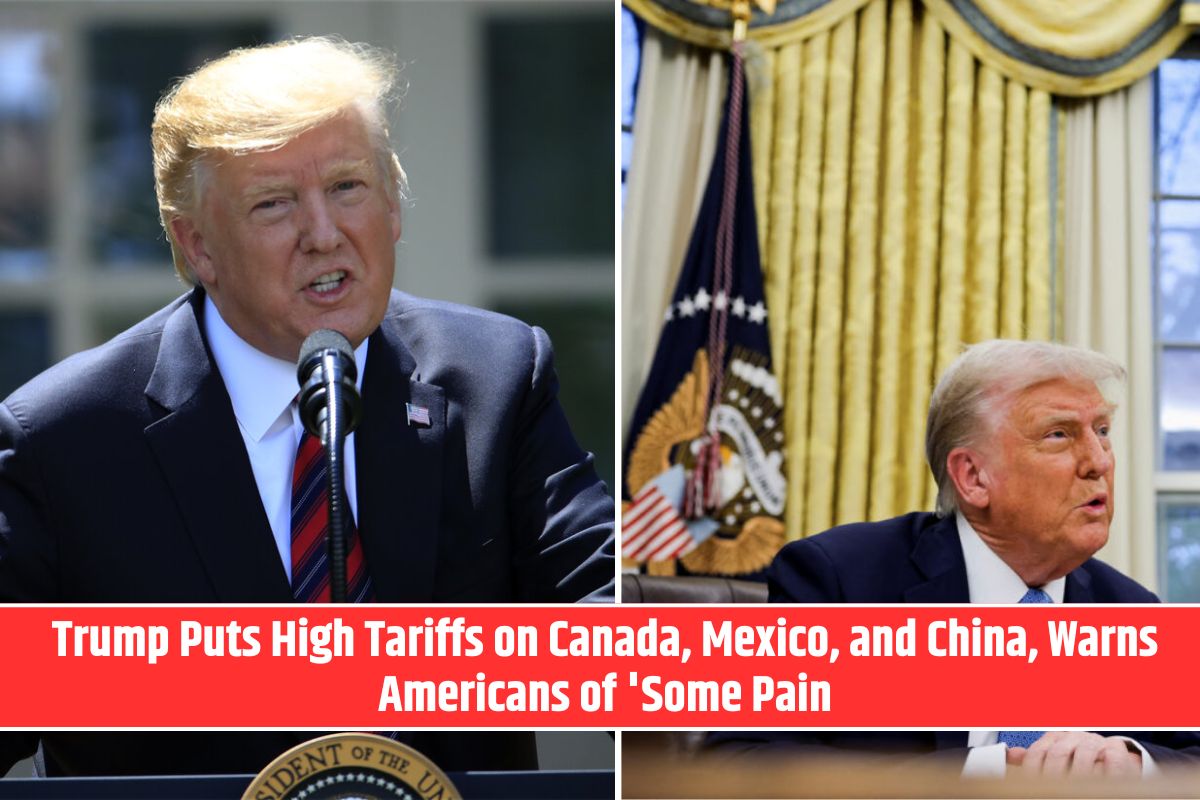The Trump administration is ending a key immigration program that currently shields over 600,000 Venezuelan migrants from deportation. This decision could leave hundreds of thousands vulnerable to losing their legal status by this spring. The termination of the Temporary Protected Status (TPS) for Venezuelans marks a significant shift in U.S. immigration policy, with major implications for affected migrants.
What is Temporary Protected Status (TPS)?
TPS, created in 1990, is a temporary immigration protection given to migrants from countries facing crises like wars, natural disasters, or political instability. It protects them from deportation and allows them to work legally in the U.S. However, it does not provide permanent legal status. Both Republican and Democratic administrations have used TPS to protect vulnerable populations.
The Venezuela TPS program, first granted in 2021 under the Biden administration, is the largest of its kind, shielding over 600,000 Venezuelans from deportation. However, the latest move by Homeland Security Secretary Kristi Noem revokes one of the two TPS designations for Venezuela, affecting an estimated 350,000 migrants who will lose protections within two months after the decision is officially published.
Why Is TPS Being Terminated for Venezuelans?
Noem justified the decision by highlighting the strain on U.S. communities that have absorbed large numbers of migrants and concerns over security threats, such as the presence of members of Venezuela’s prison gang Tren de Aragua.
She also argued that TPS extensions encourage illegal immigration, calling the program a “pull factor” that draws more people to the U.S. border. Although she acknowledged that some of the conditions in Venezuela cited by the Biden administration persist, she deemed it “contrary to the national interest” to continue the program.
Venezuelan Migrants Face Legal Uncertainty
The decision has created uncertainty for Venezuelan migrants. Those covered under the 2023 designation will lose their work permits and protection from deportation, while migrants under the 2021 designation will retain protections until September. Without TPS or another legal status, these migrants could face job losses, detainment, and deportation by Immigration and Customs Enforcement (ICE).
Trump recently announced that Venezuela’s government has agreed to accept deportees, a policy shift after years of rejecting U.S. deportation flights.
A Broader Immigration Crackdown
The termination of Venezuelan TPS aligns with Trump’s broader efforts to curb immigration, particularly programs that allow migrants to stay in the U.S. legally. His administration has taken steps to revoke similar protections for migrants from other countries, including Cubans, Haitians, and Nicaraguans, who entered the U.S. under a sponsorship process introduced by Biden.
While Biden expanded TPS protections to migrants from crisis-stricken nations like Afghanistan, Ukraine, and Haiti, Trump officials and many Republican lawmakers have criticized the program for being overused. They argue that its temporary nature has been undermined by repeated extensions.
In 2017, Trump issued an executive order to limit TPS, emphasizing that the program should be narrowly applied and not become a pathway for long-term residency.
Opposition and Calls for Solutions
Despite the Trump administration’s hard stance on TPS, some Republican lawmakers have expressed concern over terminating protections for Venezuelans. Florida Republican Congressman Carlos Gimenez urged Trump to provide a solution, stating that many of these migrants are law-abiding individuals fleeing oppression.
In a letter to the administration, Gimenez emphasized that these migrants are seeking freedom and a better life, and their abrupt loss of legal status could create significant hardship.
The Venezuelan Crisis and Mass Migration
Venezuela has experienced one of the largest mass migrations in the Western Hemisphere due to political instability, economic collapse, and the authoritarian rule of President Nicolás Maduro. According to the United Nations, nearly 8 million Venezuelans have fled the country. While many settled in neighboring countries like Colombia, hundreds of thousands journeyed to the U.S. during Biden’s presidency.
Impact on Migrant Communities and U.S. Policy
Terminating TPS for Venezuelans will have immediate consequences for migrant families, employers, and communities. Migrants who lose their legal status will face challenges in maintaining employment, housing, and access to essential services. The decision also signals a broader shift in U.S. immigration policy, as the Trump administration moves to tighten restrictions on humanitarian programs.
While some see this move as necessary to address immigration challenges, others argue it could disrupt communities and create humanitarian crises within the U.S.
As the TPS protections for Venezuelans come to an end, many migrants will face legal uncertainty, job losses, and possible deportation. The decision reflects Trump’s broader immigration policy aimed at limiting temporary programs and addressing what officials describe as “pull factors” for migration.
However, with ongoing instability in Venezuela, the debate over whether to protect vulnerable migrants is far from over. Lawmakers and advocates will likely continue to push for solutions that balance national interests with humanitarian considerations.
